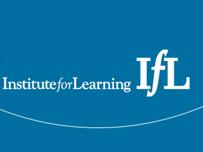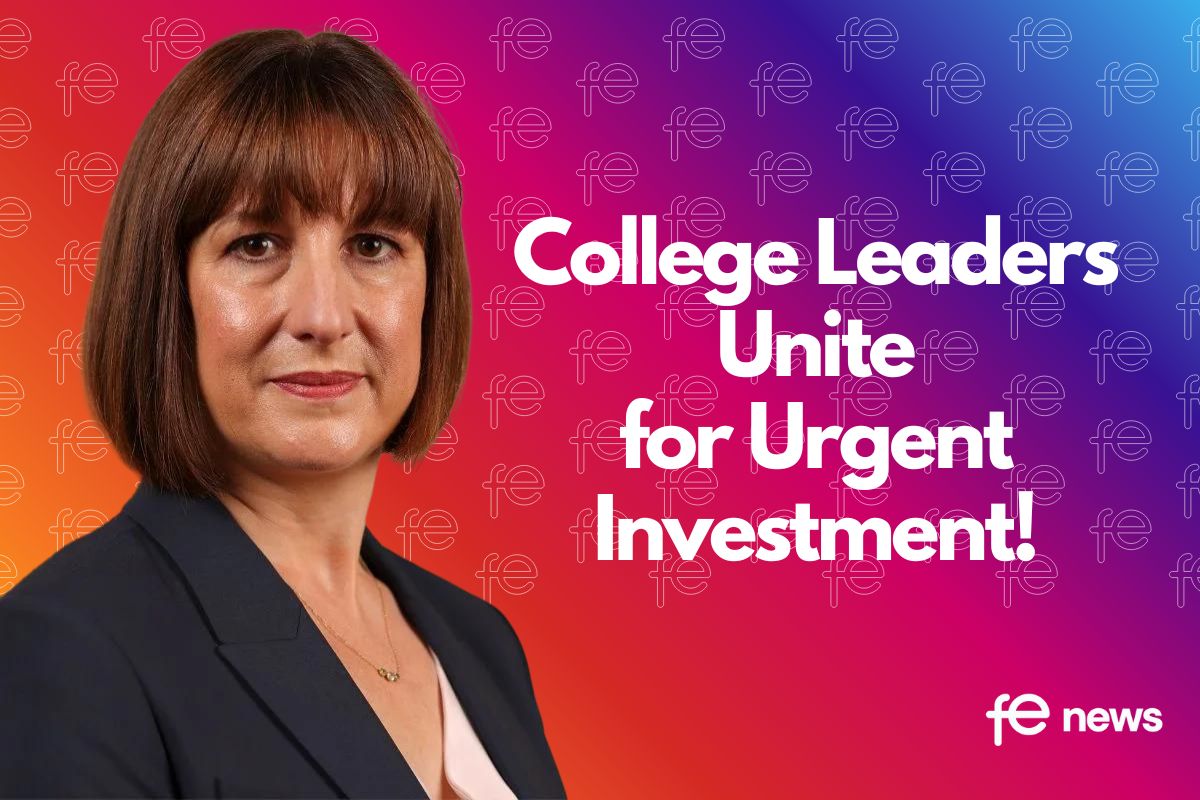QTLS achievers now recognised as qualified to teach in schools

Members of the Institute for Learning (IfL) with Qualified Teacher Learning and Skills (QTLS) status are now being recognised as qualified to teach in schools.
The change came into place last week after being laid in parliament in March. It will affect almost 7,000 teachers and trainers in further education and skills who have attained QTLS status through professional formation, conferred by IfL.
It amends regulations made in 2003 so that holders of QTLS who are IfL members have Qualified Teacher Status (QTS) and may be appointed to permanent positions as qualified teachers, without any further induction requirements.
IfL’s chief executive, Toni Fazaeli, said: “IfL has consistently made the case for the professionalism of our members and for QTLS to be recognised for teaching in schools settings as well as further education, for the benefit of young people’s learning.”
Prior to a decision being made, the IfL gave evidence to the education select committee and to the Skills Commission inquiry into teacher training for vocational teachers. Alongside this, evidence to Professor Alison Wolf’s consultation in October 2010 was based on over 5,000 IfL members’ expertise in vocational teaching.
Fazaeli said: “It was a triumph for further education teachers and right and proper that the government chose to accept Professor Wolf’s recommendation that further education teachers with QTLS should be able to teach in schools. The national recognition of QTLS has been reflected in these new legislative changes for April 2012 onwards.
“It is vital that young people have access to excellent vocational teaching, in schools as well as in further education settings, to help them prepare for good careers or create successful enterprises in an increasingly globalised and competitive economy.
“Teachers and trainers with the high-level professional status of QTLS will be able to teach flexibly across schools and colleges, and schools will be able to recruit specialists whose expertise and experience in their subject area is combined with expert teaching and a commitment to staying up to date through continuing professional development.”
Ms Fazaeli said that discussions hosted by IfL and two of their patrons, Baroness Margaret Sharp and Stella Mbubaegbu CBE, principal of Highbury College Portsmouth, at the Association of Colleges’ conference in November 2011 were positive about the potential that QTLS being recognised for teaching in schools gives for strategic partnerships and joint teaching between schools and further education.
She said: “For those who already have or will soon have QTLS, the change in legislation is good news. We are, however, extremely concerned that Lord Lingfield’s independent report about professionalism in further education recommends that teachers in the sector should not be required to have a teaching qualification.
“IfL is not alone in saying that this is a real backward step. It contradicts the government’s commitment to a high-status teaching profession. IfL will continue to offer a national professional status into the future, and this is a usual role for professional bodies.”
Schools and local authorities will remain responsible for decisions on employing QTLS holders, and IfL will maintain the national register of QTLS holders, including those teaching in schools.
Linsey Humphries











Responses